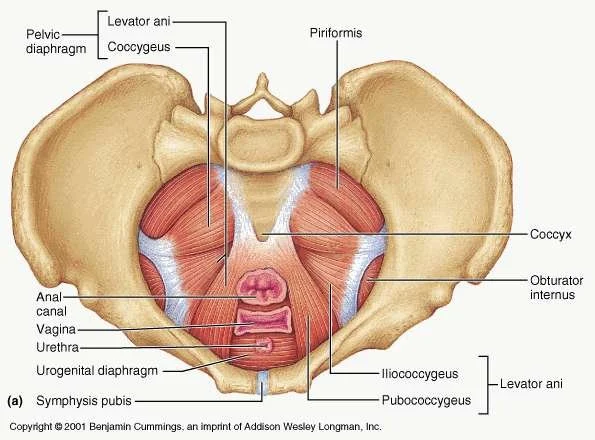The obturator internus (OI) is a sneaky little muscle that sits deep in the back of the pelvis. Although it is small, do not underestimate its power. Although not directly part of the levator ani (the deepest layer of the pelvic muscle layers), the obturator can in fact be palpated by your pelvic floor PT during your manual examination. Furthermore, the levator ani muscle group originates in part from the OI fascia.
We discuss the pain most common in this area as well as common dysfunctions of the muscle.





















